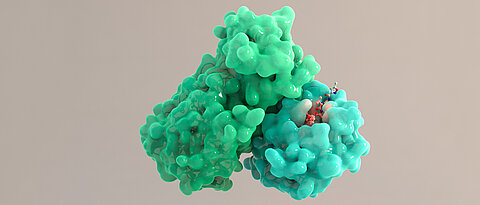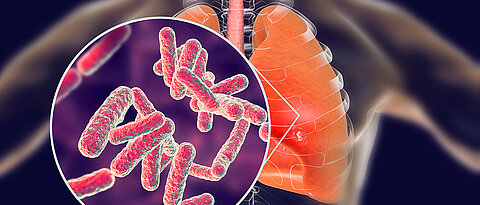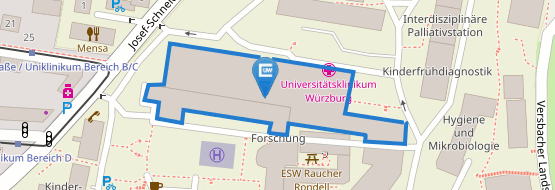Tracking down cryptic peptides
06/22/2020
Using a newly developed method, researchers from the University of Würzburg, in cooperation with the University Hospital of Würzburg, were able to identify thousands of special peptides on the surface of cells for the first time. They were able to show that these so-called cryptic peptides mark a significant proportion of tumor cells. These findings could provide a new starting point for cancer immunotherapy and were published in the renowned journal Cancer Immunology Research.
more















